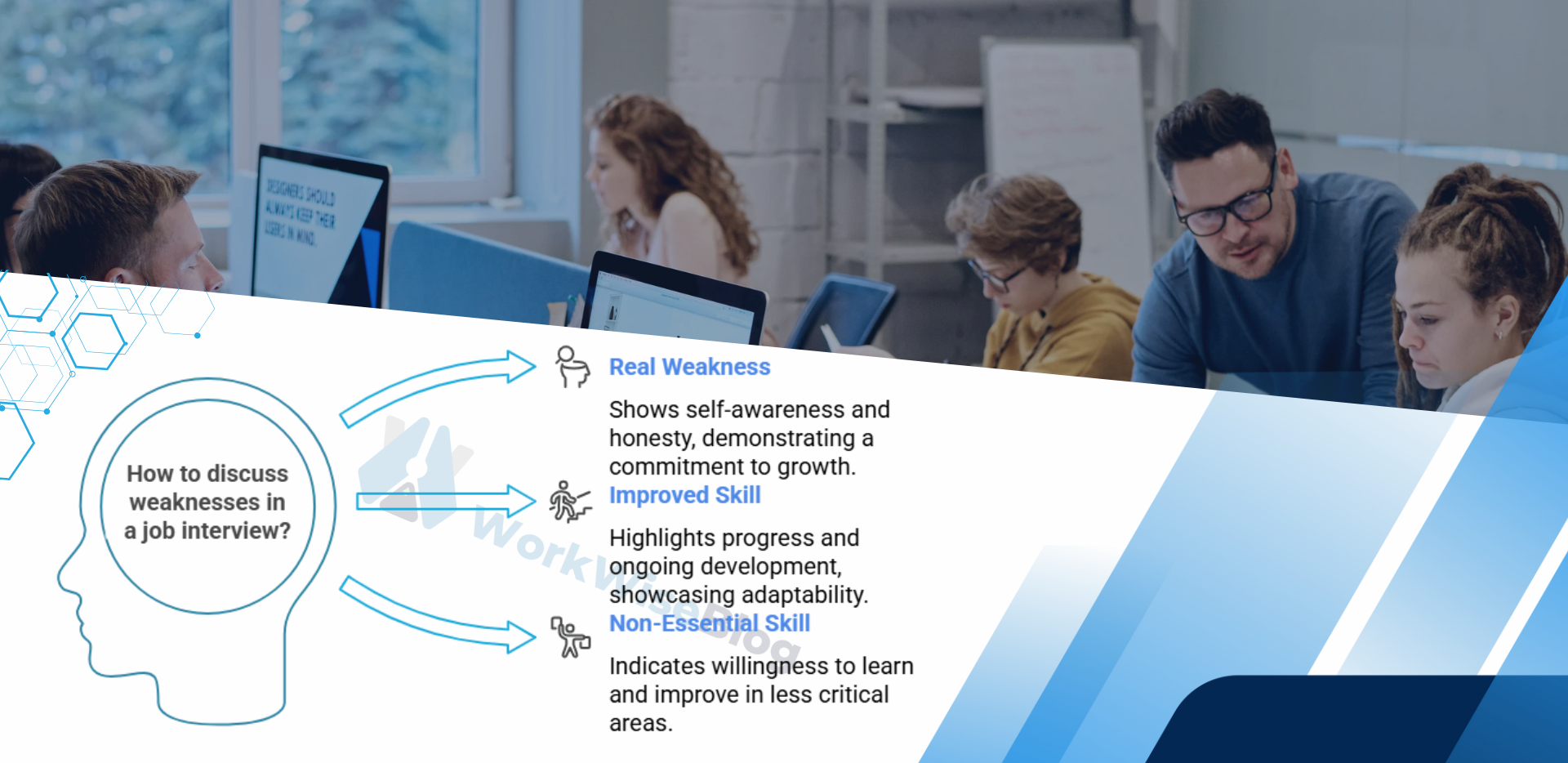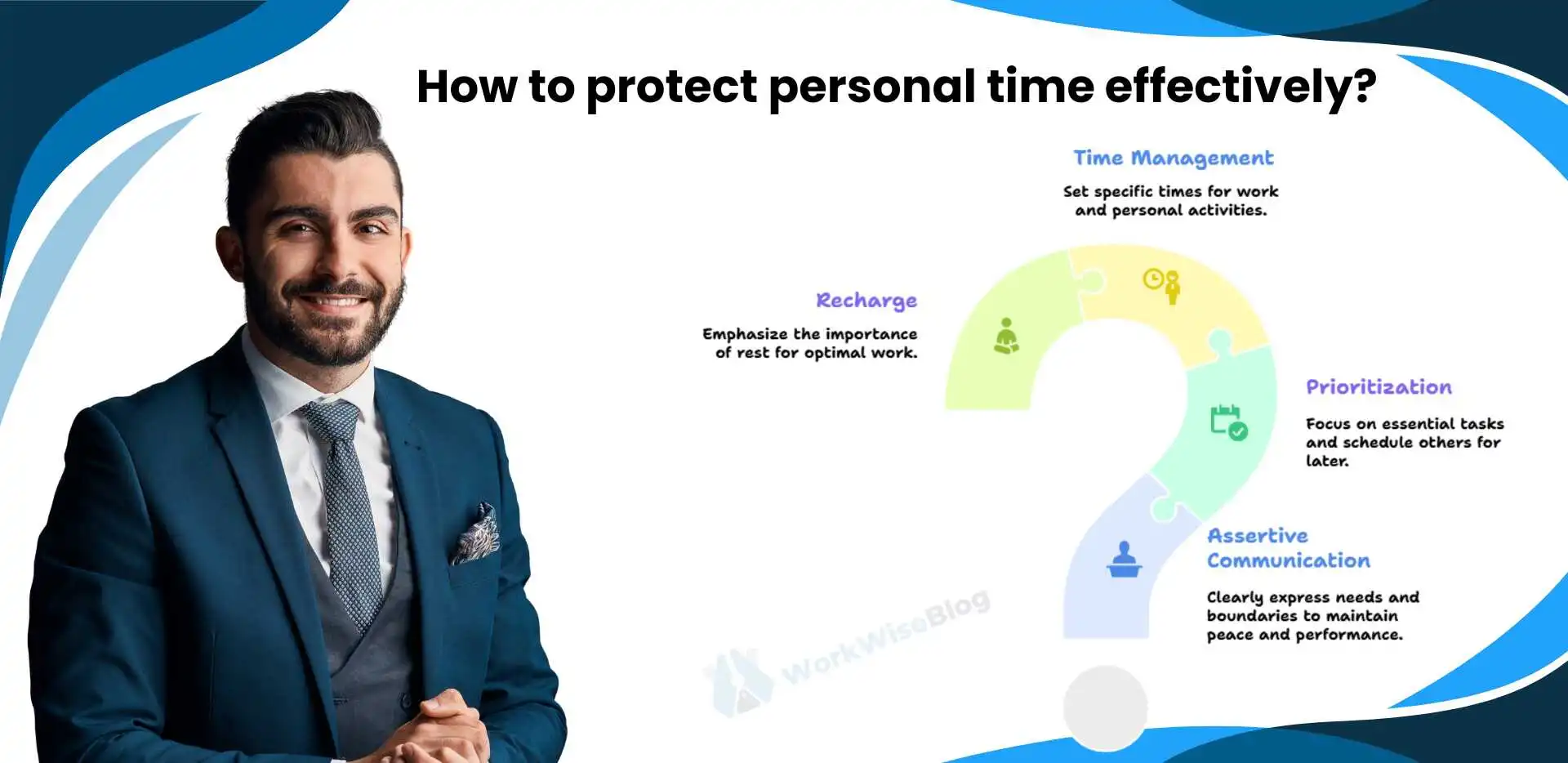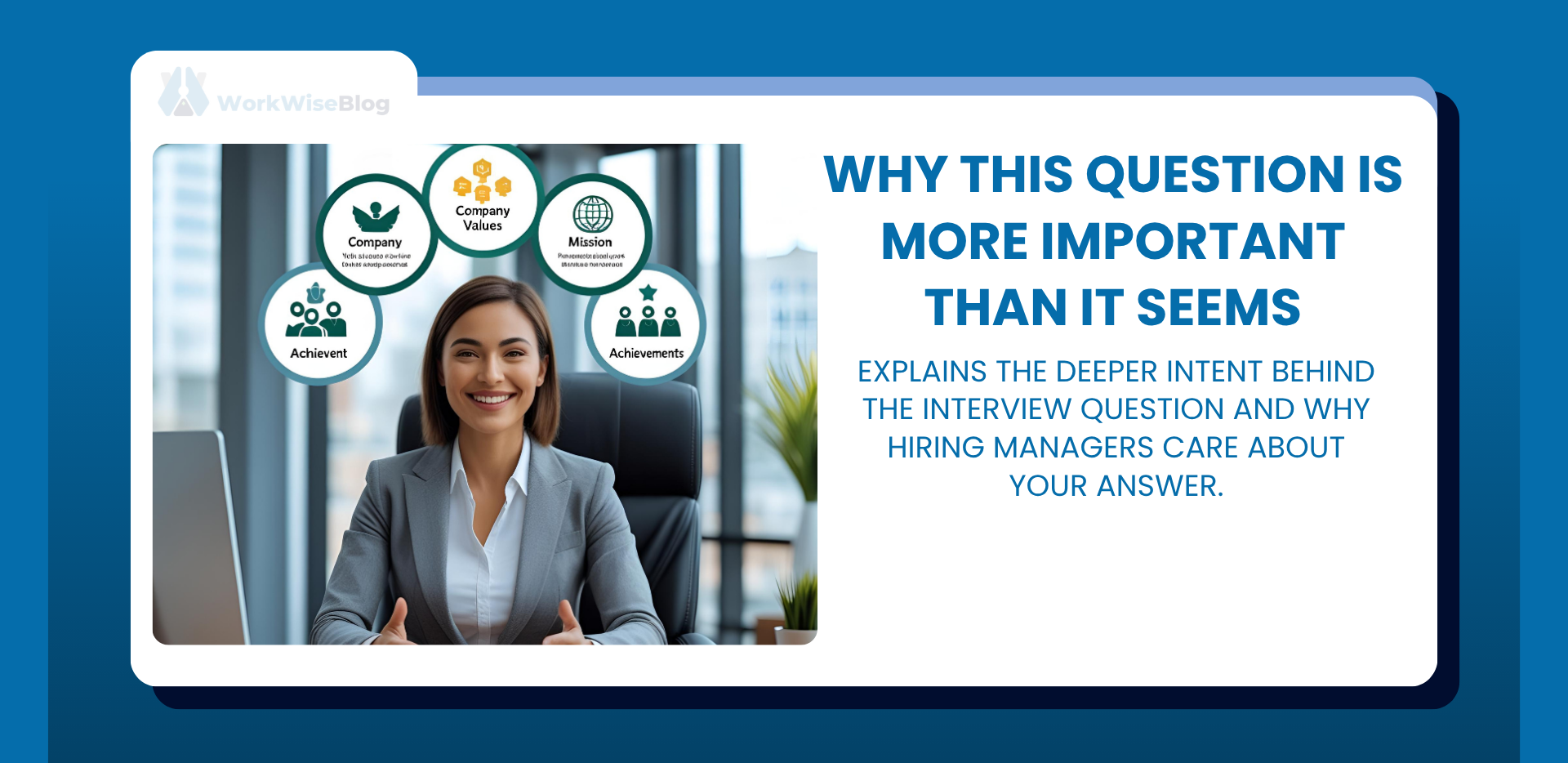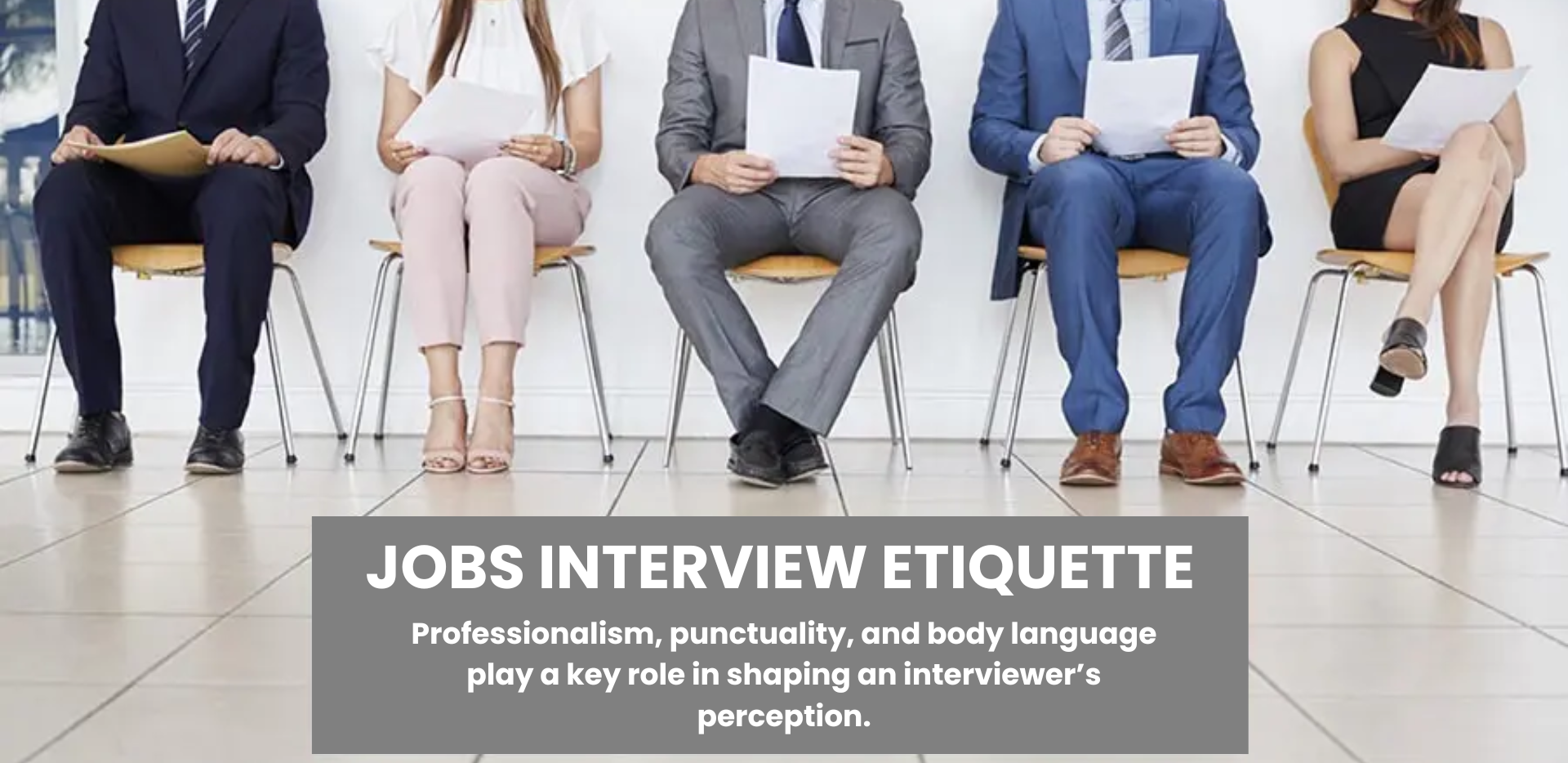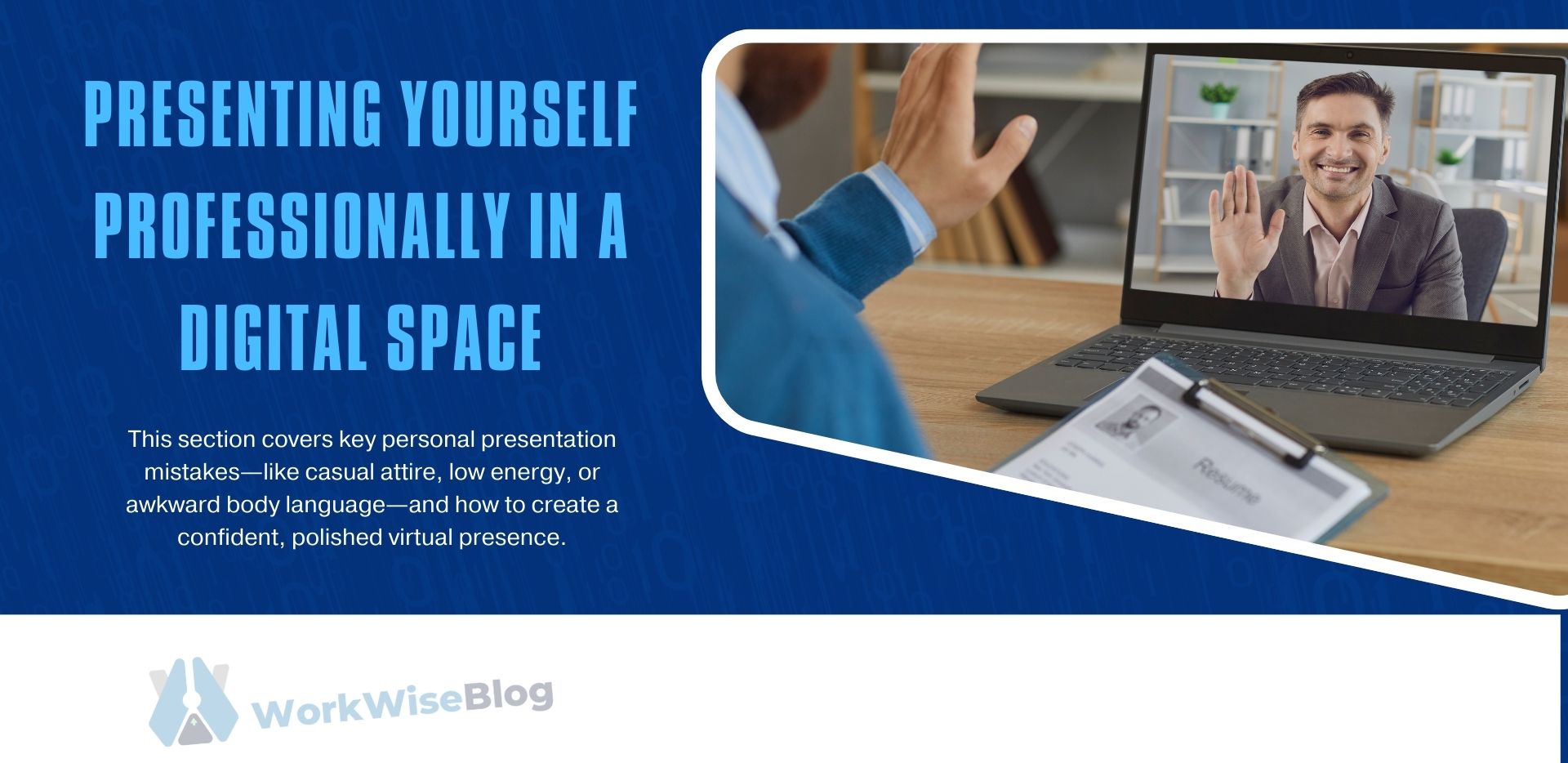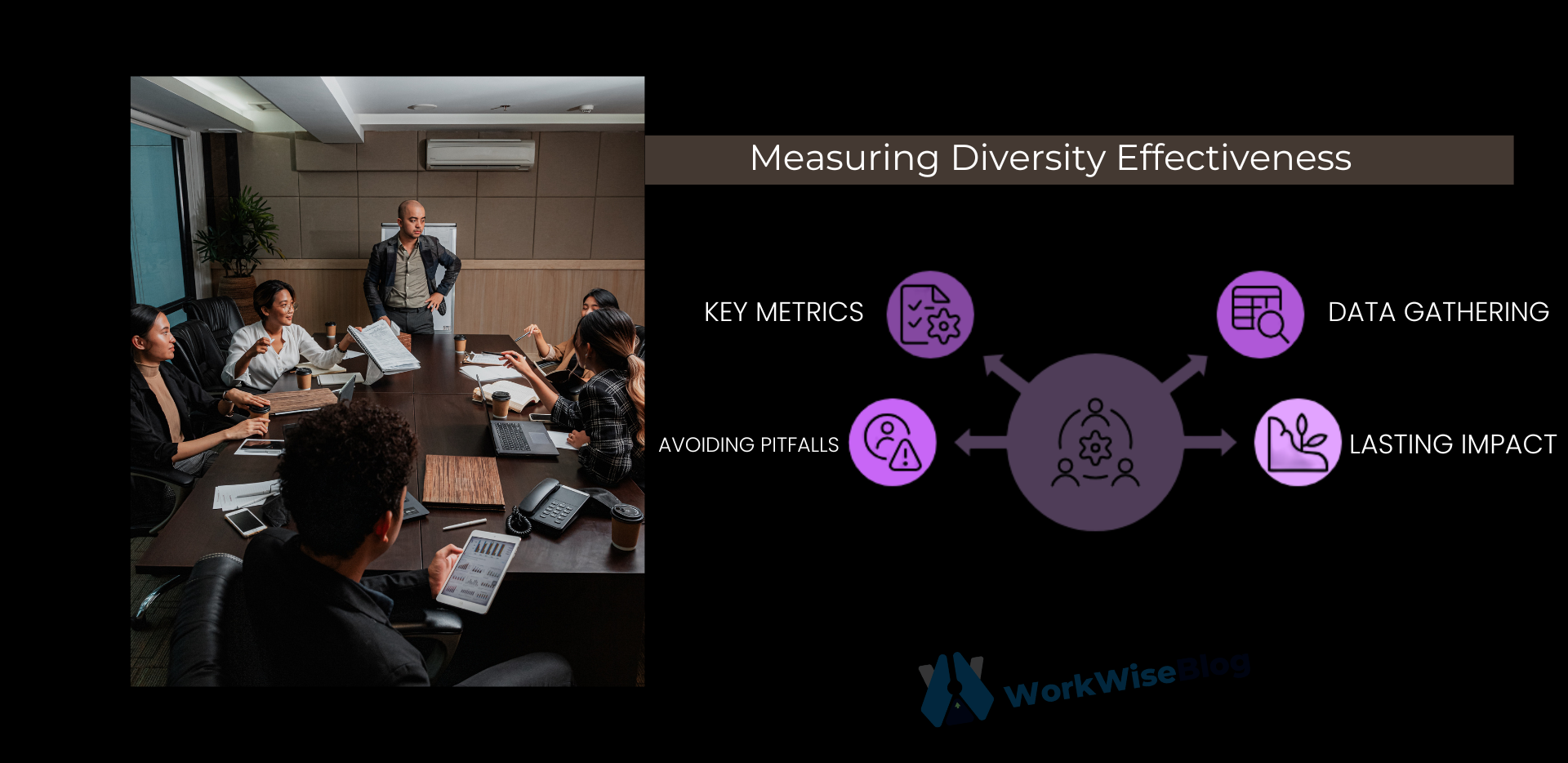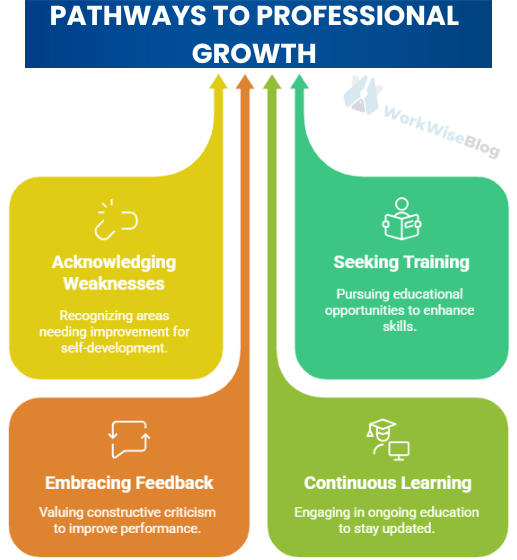
Why Do Employers Ask About Weaknesses?
Hiring managers ask about weaknesses to evaluate your level of self-awareness and personal development. They’re looking to see:
- How well you know yourself – Can you identify areas for improvement?
- How you handle challenges – Do you take responsibility for your weaknesses?
- Your commitment to growth – Are you actively working to improve?
- Your honesty and professionalism – Can you answer with confidence and sincerity?

Fact:
According to a Harvard Business Review study, self-awareness is one of the strongest predictors of leadership success. A candidate who can assess and improve their weaknesses is often more adaptable and coachable—traits employers value highly.
How to Choose the Right Weakness
Not every weakness is a good choice to share in an interview. You want to avoid weaknesses that could:
- Directly impact your ability to do the job well (e.g., a sales rep saying, “I’m terrible at communication.”)
- Sound too generic (e.g., “I work too hard” or “I’m a perfectionist.”)
- Be framed as a fake strength (e.g., “I care too much.”)
Good Weaknesses to Discuss:
- A skill you’ve improved but are still refining (e.g., “Public speaking used to be a challenge for me, but I’ve been taking steps to improve.”)
- A past weakness that no longer holds you back (e.g., “I struggled with delegation early in my career, but I’ve learned to trust my team more.”)
- A non-essential skill for the role but still relevant (e.g., “I’ve always been more comfortable with writing than presenting, but I’m working on my verbal communication skills.”)
Pro Tip:
The best weaknesses to discuss are real but manageable—something you’ve actively worked on and continue to improve.
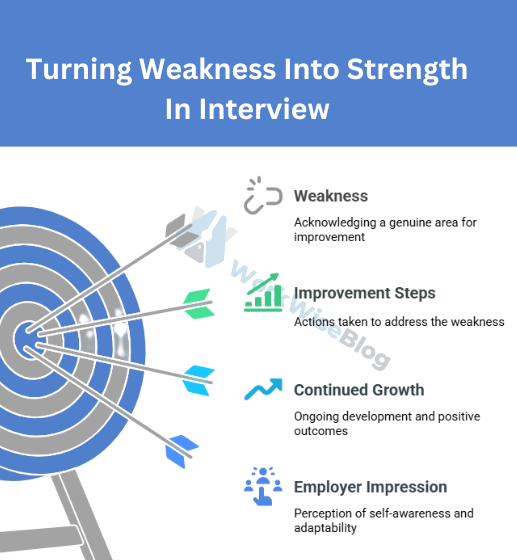
How to Structure Your Answer (The Growth Formula)
A strong response follows this simple three-step framework:
1. Acknowledge the Weakness (Be Honest & Specific)
Start by identifying a real area of improvement without being overly negative.
- Keep it brief and direct.
- Avoid blaming others or making excuses.
- Make sure it’s a weakness you can improve upon.
Example:
“Earlier in my career, I found it challenging to delegate tasks because I preferred to complete projects myself to ensure quality.

2. Show the Steps You’ve Taken to Improve
Now, shift the focus to how you’ve worked on this weakness.
- Highlight specific actions you’ve taken.
- Mention any training, mentorship, or strategies you’ve used.
- Show tangible progress.
Example:
“I recognized that this wasn’t sustainable and started attending leadership workshops to improve my delegation skills. I also read books on team management and sought feedback from mentors on how to build trust with my team.”
3. Demonstrate Continued Growth & Commitment
Wrap up by showing how this improvement has benefited your work and how you continue to refine this skill.
- Mention positive results (e.g., improved efficiency, better teamwork).
- Show that you value learning and growth.
Example:
“As a result, I now delegate more effectively, which has helped my team take ownership of projects while allowing me to focus on strategy. I still check in regularly, but I’ve learned that empowering my team leads to stronger outcomes.”
Examples of Strong, Growth-Oriented Answers
1. Weakness: Public Speaking
Example Response:
“I used to be really nervous when I had to present in front of people. I would freeze during presentations. I improved by joining a Toastmasters club and volunteering for small speaking roles at work. With time, I became more confident, and I recently conducted a training session for my team. I still practice to perfect my delivery, but I’m far more confident presenting to groups now.”
Why It Works:
It identifies a legitimate problem, illustrates particular actions taken, and indicates progress over time.
2. Weakness: Overcommitting to Too Many Tasks
Example Response:
“I had the tendency to overload myself with too many projects simultaneously because I wanted to be of help. But I understood that this at times affected my capacity to concentrate intensively on priority tasks. To better myself, I began applying task management tools and establishing better boundaries. Now, I prioritize well and communicate more transparently regarding deadlines. This has enabled me to be more productive while maintaining high-quality work.”
Why It Works:
It makes a typical struggle an exercise in time management and work effectiveness.
3. Weakness: Being Too Detail-Oriented
Example Response:
“Earlier in my career, I was too careful on small details at times, slowing down entire project progress. I’ve learned to strike a balance between paying attention to detail and thinking big by imposing time limits on tasks and checking priorities from time to time. Nowadays, I am able to ensure accuracy while meeting deadlines effectively.”
Why It Works:
It frames a natural tendency in a way that shows awareness and proactive adjustment.
Final Thoughts: Turning Weaknesses Into Strengths
Answering the “What is your greatest weakness?” question doesn’t have to be stressful. The key is to be honest, show growth, and end on a positive note.
Final Tip: Every professional has weaknesses, but the best ones turn them into learning opportunities. Approach this question with confidence, and you’ll impress employers with your self-awareness, problem-solving skills, and commitment to growth.

